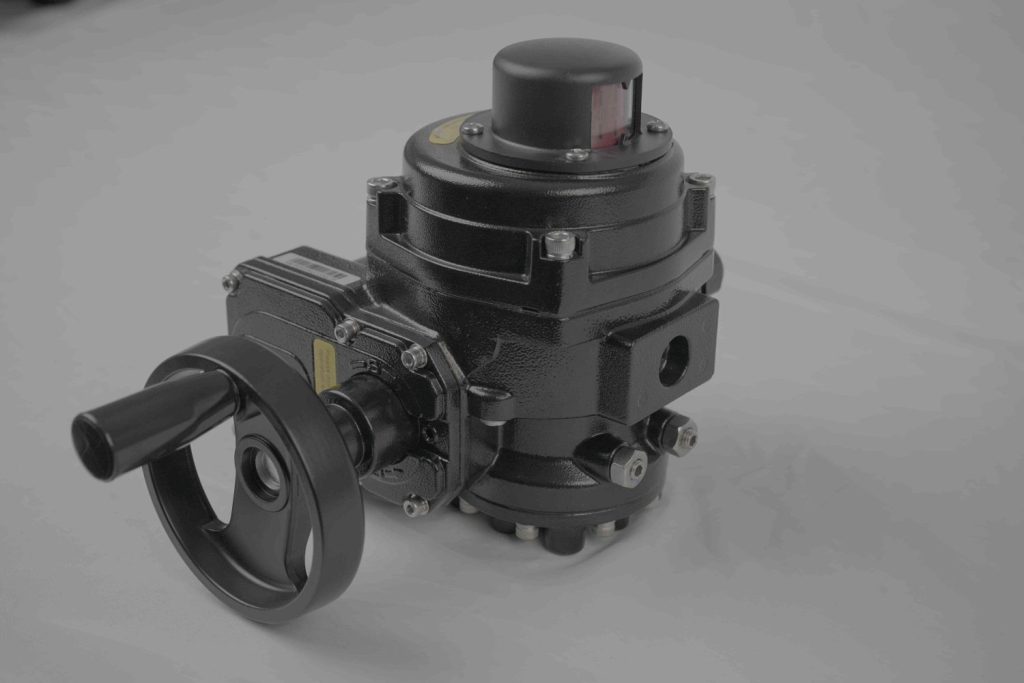In the world of modern technology, lithium-ion batteries are one of the most widely used power sources for devices ranging from smartphones and laptops to electric vehicles and renewable energy storage systems. However, as powerful as these batteries are, they also come with inherent risks such as overheating, pressure build-up, and potential leaks. This is where lithium battery valve manufacturers come into play, providing essential components to ensure the safety, longevity, and efficiency of lithium-ion batteries.

The Importance of Lithium Battery Valves Lithium-ion batteries operate under various environmental conditions and electrical loads, which can lead to the generation of gases or increased internal pressure. In the worst-case scenario, this can result in catastrophic failures such as battery explosions or fires. To mitigate these risks, valves are integrated into battery systems, acting as safety mechanisms that manage internal pressure and gas emissions. Lithium battery valves perform several critical functions to maintain the battery’s safety and performance: Pressure Relief: Batteries naturally expand or contract based on their charge cycles, and if the internal pressure exceeds safe levels, it can damage the battery or even lead to thermal runaway. A properly designed lithium battery valve ensures that excess pressure is released safely, preventing damage and potential hazards.